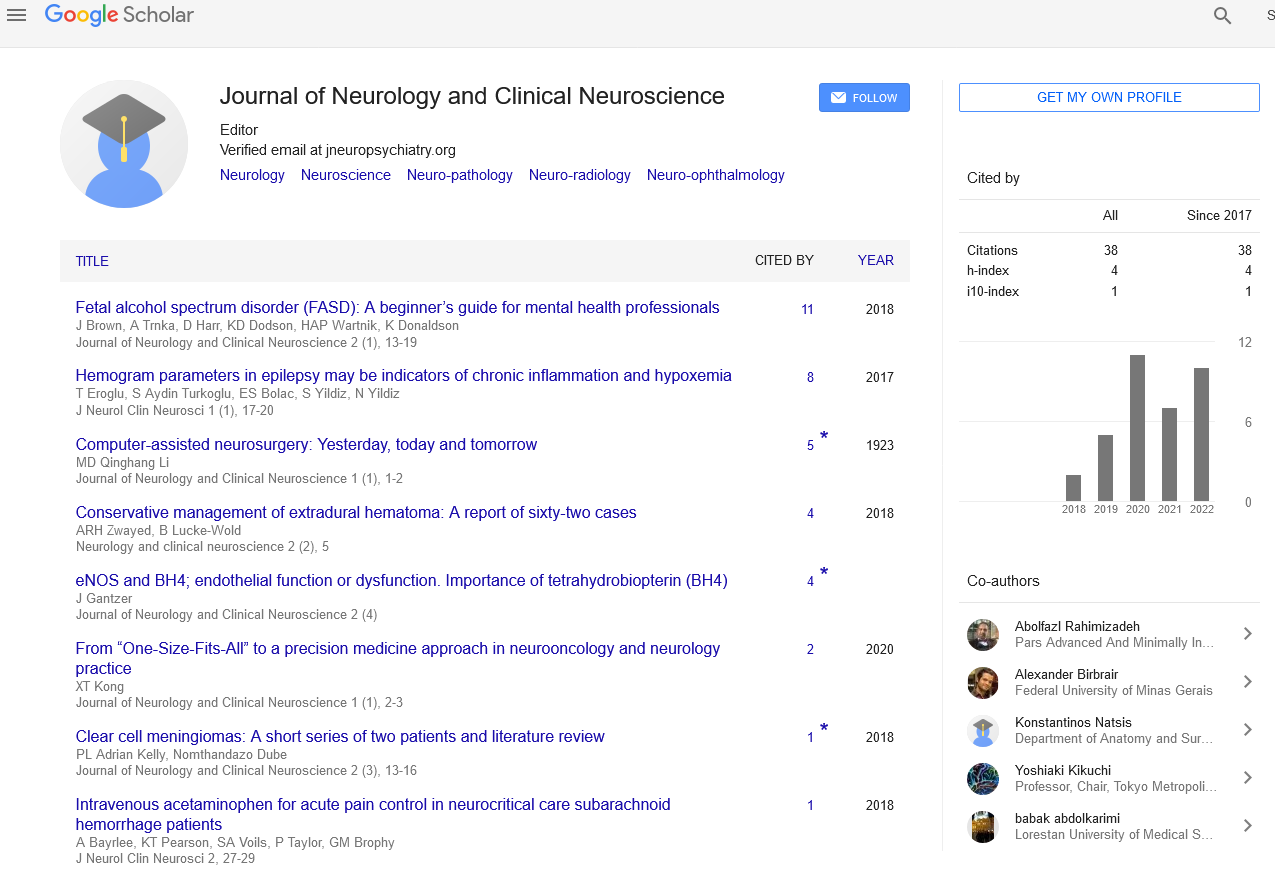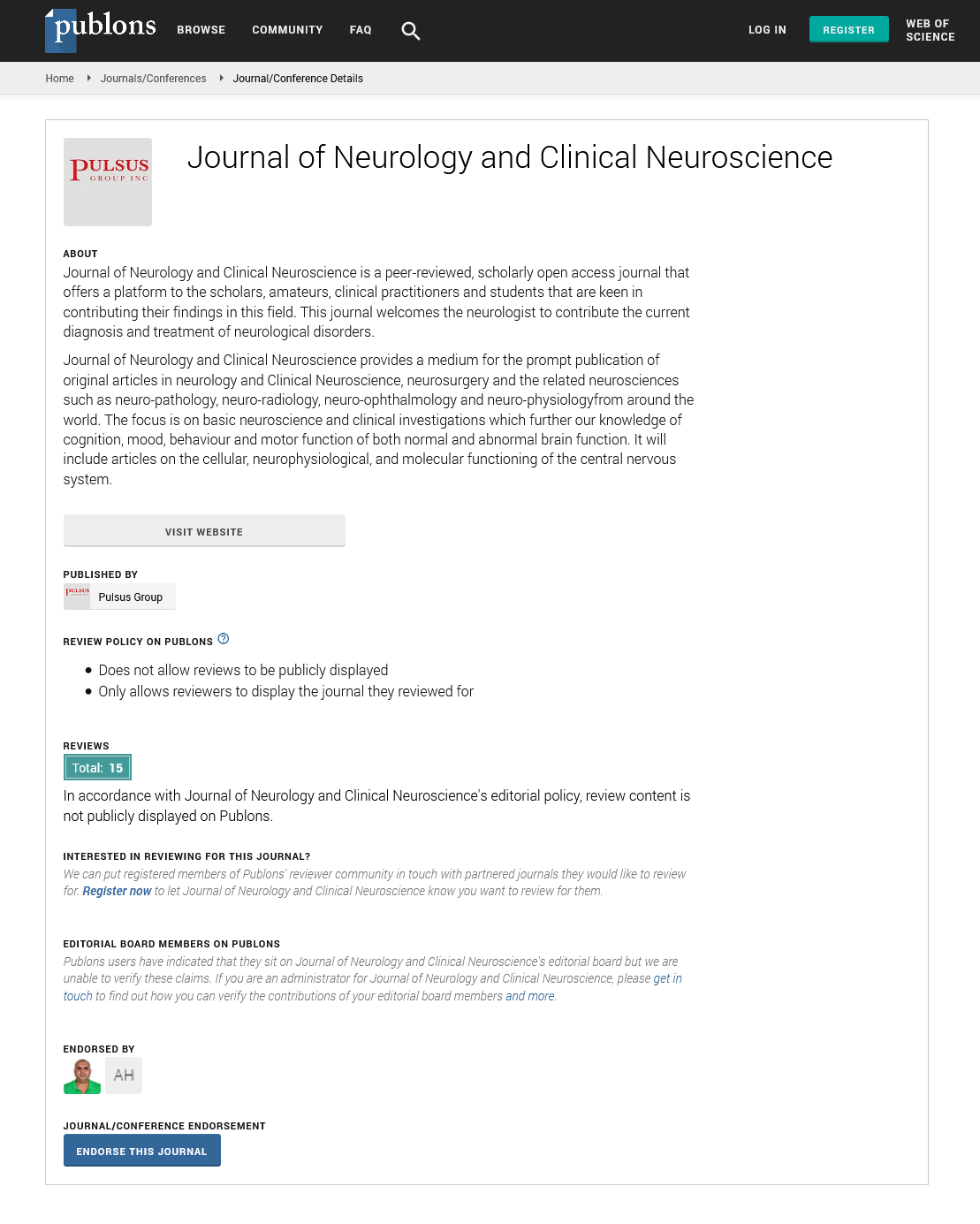Sign up for email alert when new content gets added: Sign up
Abstract
Are the pharmaceutical or alternative treatments most effective to treat Alzheimer's disease?
Author(s): Brandon Boyer*Alzheimer's Diseases (AD) is the most prevalent cause of dementia, affecting over 850,000 individuals in the UK alone. The disease is characterized by cognitive decline and significant impairment in daily functioning, driven primarily by the accumulation of amyloid and tau proteins in the brain. Current pharmaceutical treatments for AD include Donepezil, a cholinesterase inhibitor, and Memantine, an N-methyl-D-aspartate receptor antagonist. These drugs aim to manage symptoms by modulating neurotransmitter activity and receptor function. Despite some success, these treatments often show limited efficacy and are not universally effective across all stages of AD.
Alternative therapies, such as music therapy, coenzyme Q10 supplementation, and electroacupuncture, are also being explored. Music therapy has shown promise in improving cognitive and psychiatric symptoms in AD patients, though evidence is limited and often qualitative. Coenzyme Q10, an antioxidant, may reduce oxidative stress and mitochondrial dysfunction, potentially mitigating AD symptoms. Electroacupuncture has demonstrated effects in reducing neurodegeneration in animal models but lacks extensive human trial data. A critical evaluation of these treatment approaches reveals that pharmaceutical methods generally offer more robust evidence of efficacy, particularly in clinical settings. Randomized Controlled Trials (RCTs) of Donepezil and Memantine provide clearer indications of their benefits and limitations compared to the more varied and less quantifiable results from alternative therapies. Despite the potential of alternative treatments, their current evidence base is less compelling, often due to smaller sample sizes, lack of standardization, and limited human trial data.
In conclusion, while alternative therapies present interesting possibilities and may complement traditional treatments, pharmaceuticals remain the primary method for managing Alzheimer's disease. Further research into alternative methods is needed to establish their efficacy and integrate them effectively into comprehensive AD care strategies.
Full-Text | PDF





